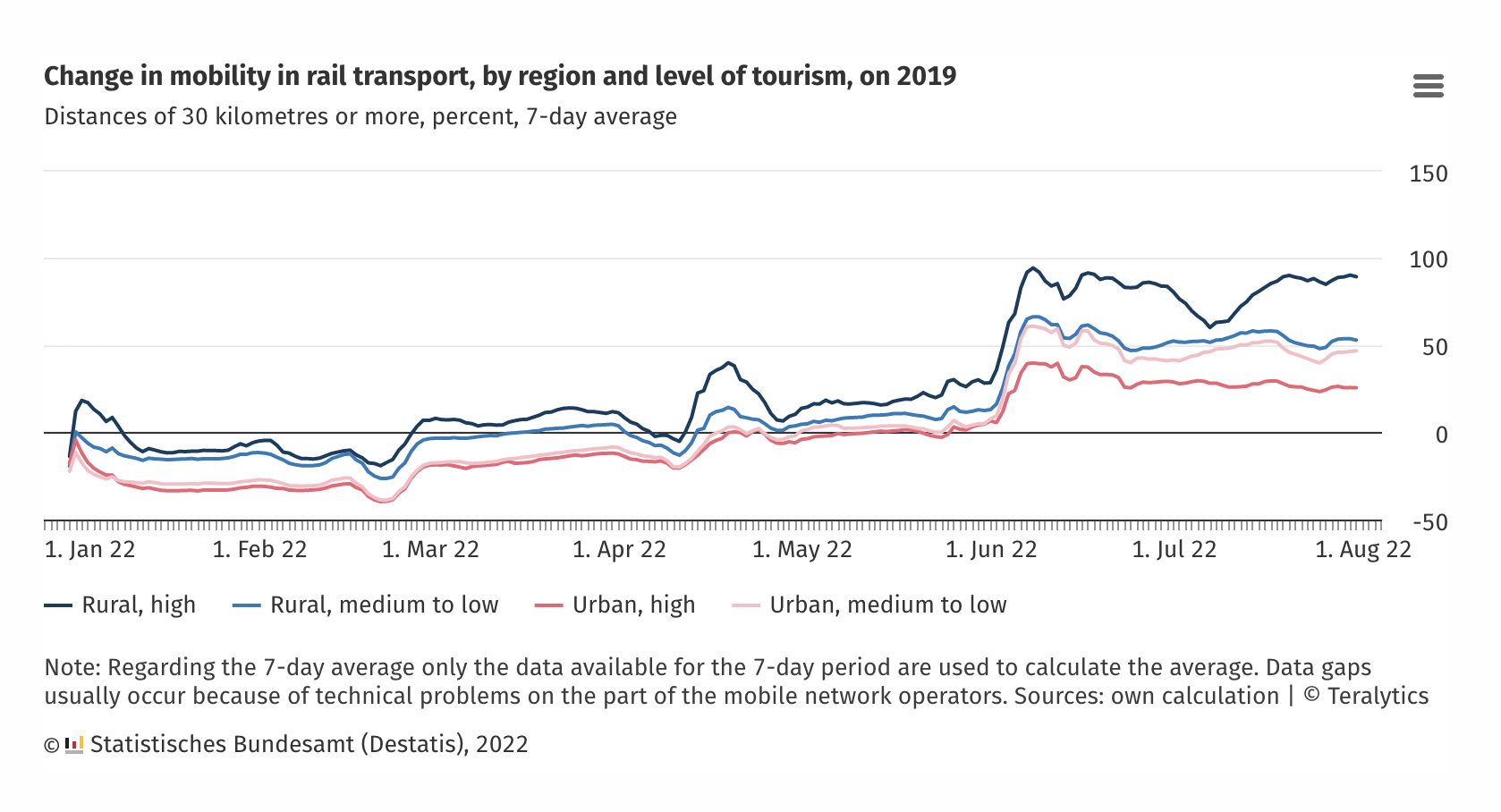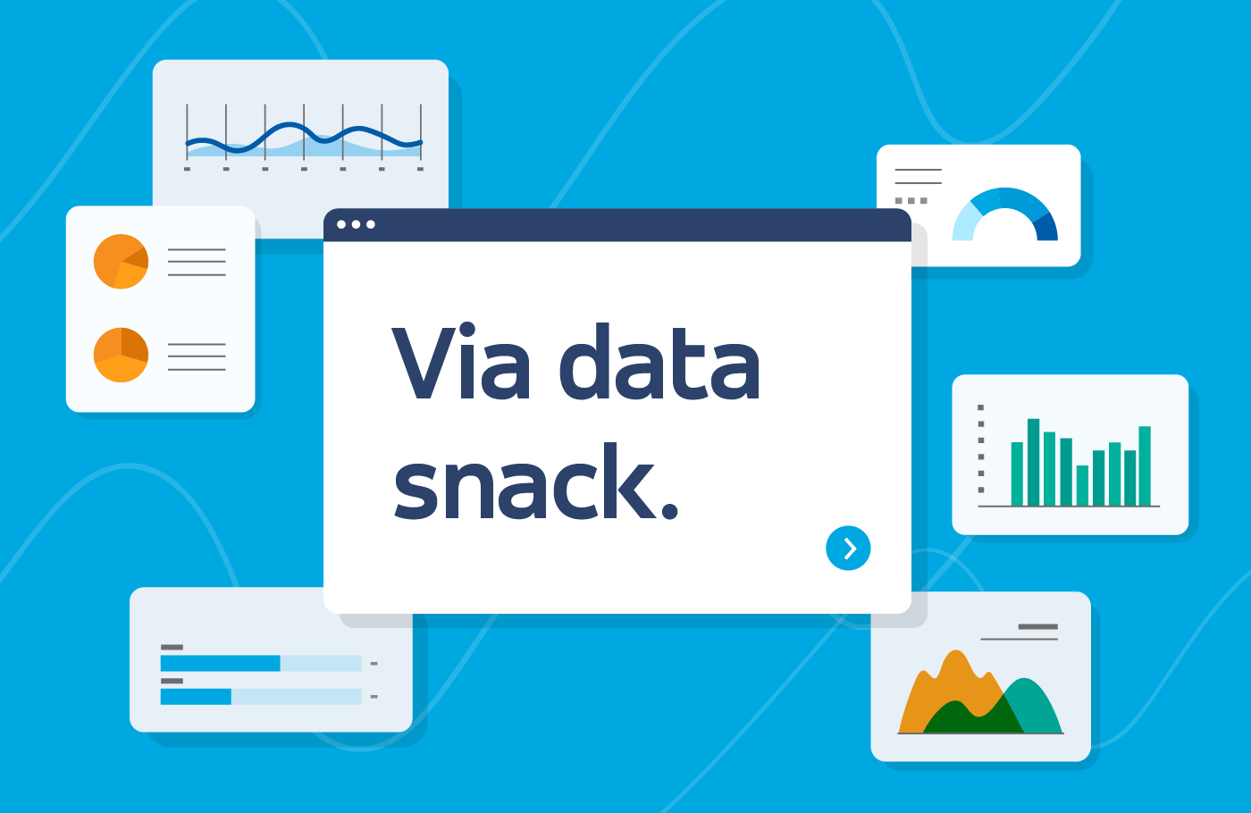Germany’s €9 travel pass experiment, after considerable fanfare, is now coming to its planned end at the end of the summer. Though ministers, rail officials, and municipal associations are all in agreement about the experiment’s success, a successor scheme has not been announced: as of now, fares are set to return to their full rate on September 1st. As other countries eye Germany’s adventure in fare-capping — and the United Kingdom considers our own £2 per journey cap — what can we learn about how to implement such programs sustainably?
The German program, designed to bring more riders to public transport in a bid to offset the energy crisis and inflation, has succeeded in restoring overall passenger numbers to pre-pandemic levels. Some types of road transport — including short-distance journeys of 30km to 100km, rail journeys over 30+ kilometers, and train trips between 100km and 300km — have even surpassed pre-COVID levels across Germany. Even better, there was a corresponding 13% decline in road congestion during rush hours, indicated by improved driving times in 23 of 26 German cities. A survey by a public transport association in Germany found that 22% of respondents were taking public transport for the first time due to this program, raising hopes that the program may be the spark required to encourage permanent behaviour change.
Ultra-cheap fares have incentivised Germans to take more rail trips.
% Change in 7-day average vs. 2019 in rail trips longer than 30 kilometers (18.6 miles)
Source: German statistics office
It’s now clear that significantly discounted fares can bring passengers back onboard, or encourage new passengers to ride for the first time. But the downside of this program is also obvious: it’s not sustainable. To compensate for the loss of revenue caused by the extremely low ticket fare, the Transport Ministry provided €2.5 billion over three months, and this funding source will not be here to stay. A pandemic-era suspension of Germany’s “debt brake,” a constitutional obligation to a balanced budget, is what made the expenditure possible in the first place.
So what could Britons expect from a £2 fare cap? Could such a measure ever be permanent? So far, only Manchester has actually gone ahead and implemented the cap — and their simultaneous move to introduce a franchised bus network may put them in a better position to absorb the costs. With Transport for Greater Manchester taking direct control of all bus routes, they will have a greater ability to balance profitable routes with ones providing coverage to lower-density areas, ensuring equitable access to public transport for all residents wherever they live, at a reasonable cost and price. Whether a broader fare cap goes ahead or not, those local authorities who have formed enhanced partnerships with bus operators will be able to — and should — think creatively about network design as a way of restoring patronage. Learn how we’ve helped communities from Wales to Milton Keynes introduce innovative forms of transport that meet people’s travel needs while cutting or maintaining costs.




